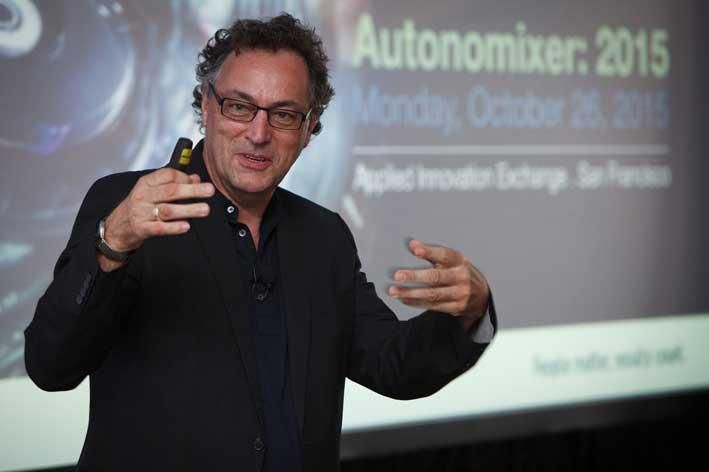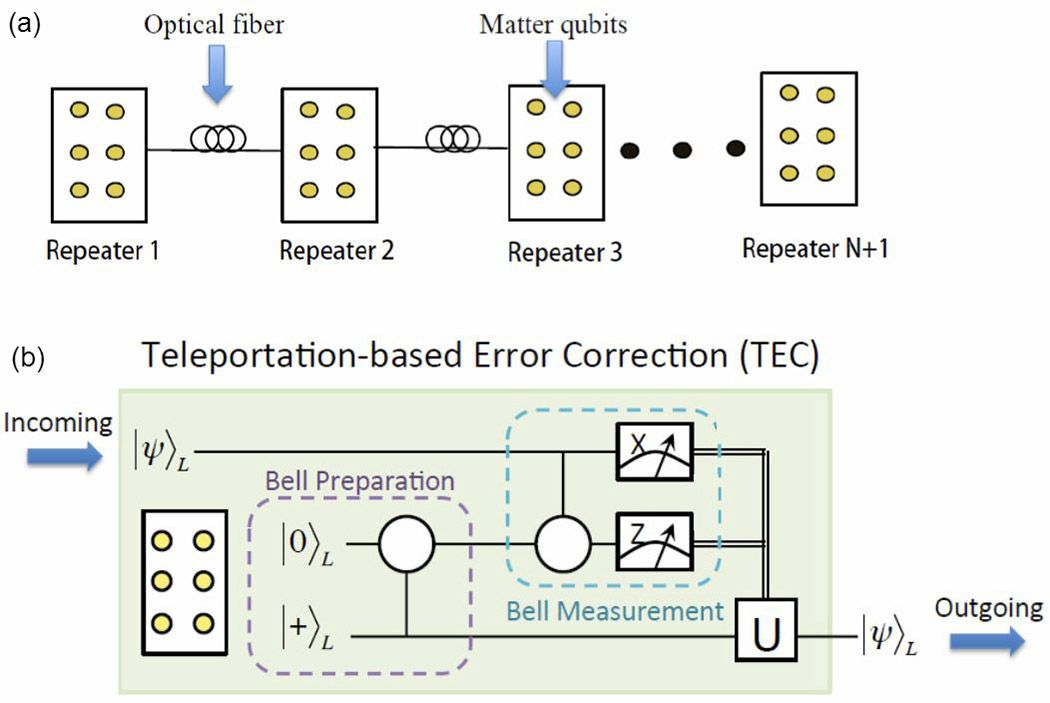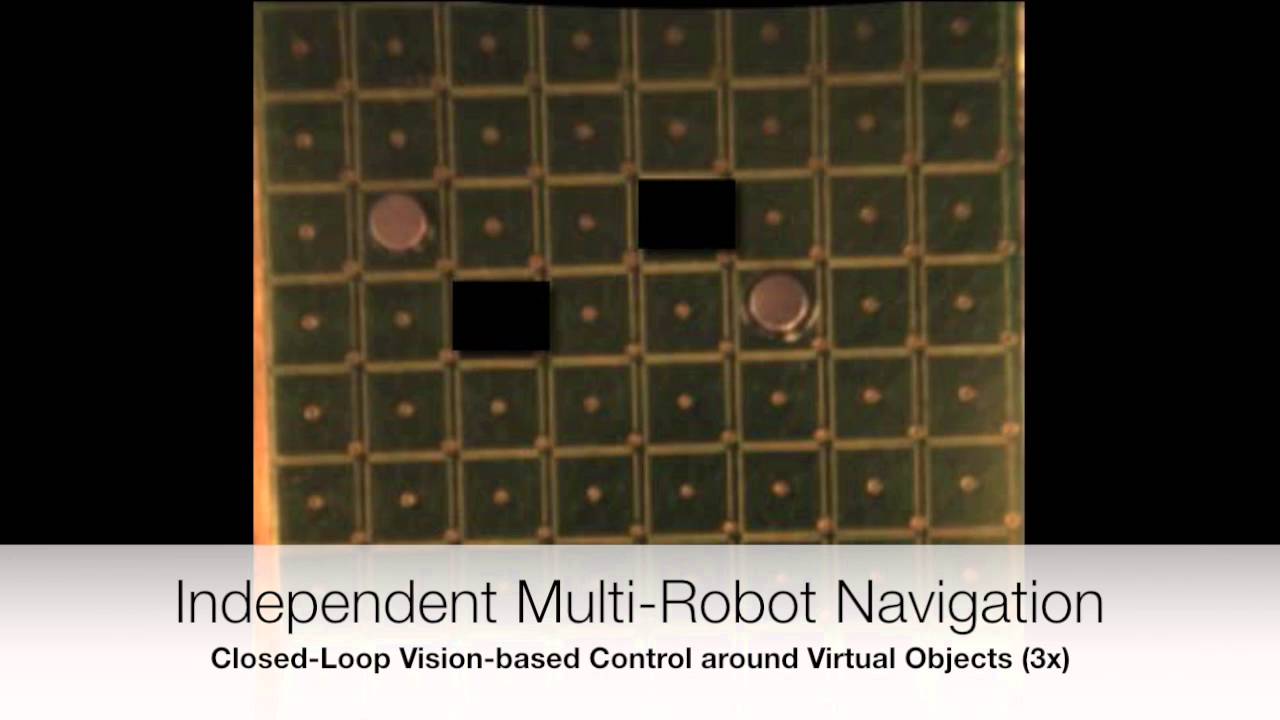Jan 15, 2016
Genomics, Cannabidiols Drive Epilepsy Research
Posted by Karen Hurst in categories: biotech/medical, genetics, neuroscience
This is excellent news for Epilepsy.
Epilepsy, a disorder in which nerve cell activity in the brain is disturbed, causing seizures, is the fourth most common neurological problem, following only migraine, stroke and Alzheimer’s. There is no cure for epilepsy, but there are a variety of treatment options. The disease is estimated to affect 2.2 million people in the U.S., with 150,000 people developing the condition each year.
Personalized medicine Scientists at AES discussed how new technologies, such as gene editing using CRISPR-Cas9, and next-generation sequencing, are empowering them to take a new crack at the human genome and find new ways to diagnose and treat epilepsy.
Continue reading “Genomics, Cannabidiols Drive Epilepsy Research” »

















